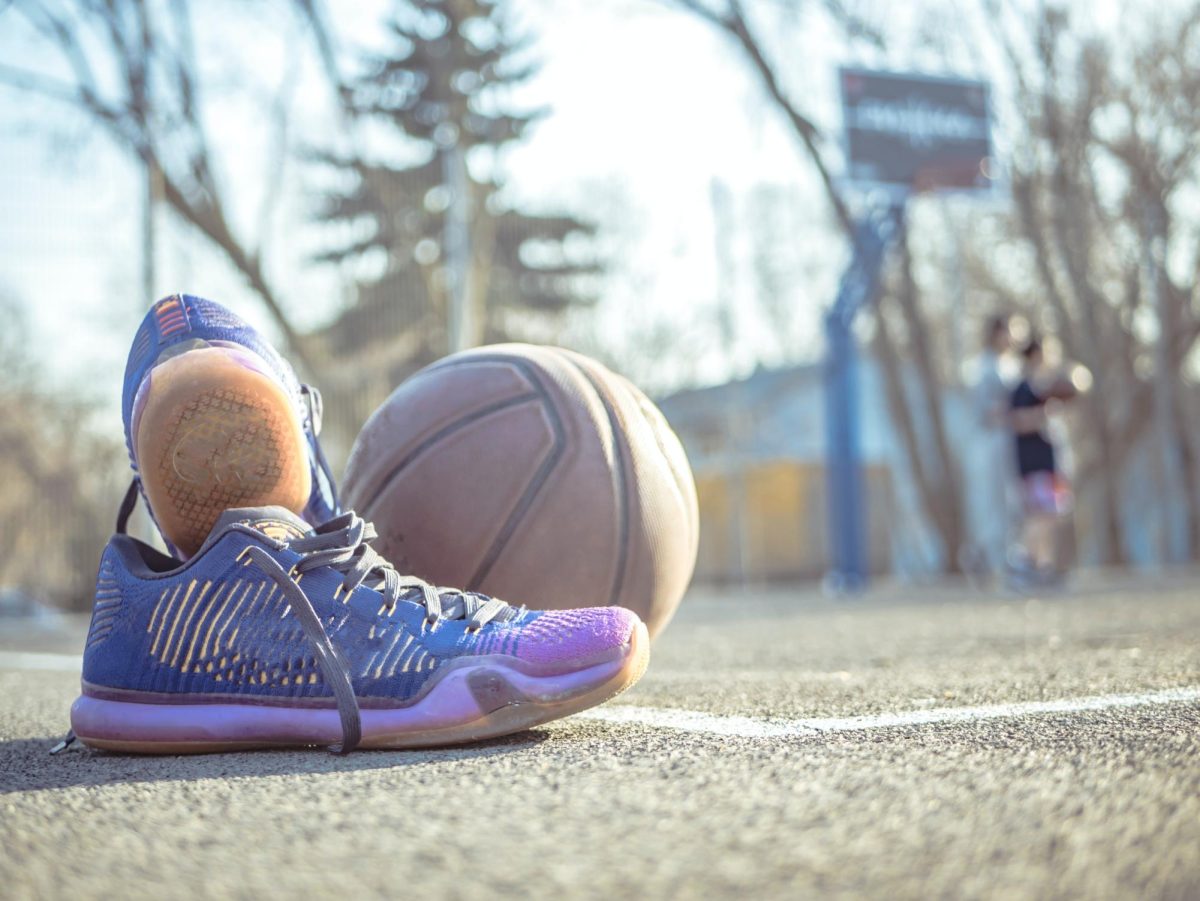
Nobody signs up for recreational soccer at ten years old and becomes a Division 1 caliber striker at sixteen by just enjoying the game. It’s a path of true resistance, similar to earning success in school, business or any equivalent.
What does it take to be among the best high school athletes in the country? Nobody can achieve this feat without giving their sport everything they have. The path to becoming a dominant right-handed pitcher or running a sub-five-minute mile is longer and less certain than the one to earning a high SAT score. The most elite student-athletes have sweat, cried and bled for their sport. For these students, it’s no longer just a game — it’s their life.
Being admitted to a top school on athletic merit should be both allowed and respected, provided athletes have a fair academic record to go with it. Whitman has produced several commits to prestigious institutions in past years, some of which have been met with backlash. The truth is that playing a sport is not a cheat code to get into college. Student-athletes are some of the strongest candidates for success, and they’ve already proved that they have the propensity for it. Nobody signs up for recreational soccer at ten years old and becomes a Division 1 caliber striker at sixteen by just enjoying the game. It’s a path of true resistance, similar to earning success in school, business or any equivalent.
Ivy League schools aren’t recruiting kids who are worthless without a baseball bat in their hands — the athletes they’re picking up are above average in the classroom and they invariably have qualities like persistence, grit, confidence and coachability that few people can claim in their adult lives, much less as teenagers. In 2021 at Columbia University, the average athlete had a 3.68 GPA, and 14 athletes were named Easton/NFCA All-America Scholar-Athletes.
To boast numbers like this, academics must remain a priority in the application process at top institutions, and athletes don’t receive an exemption.
“One of the first things college coaches ask for are your grades and test scores,” said class of ‘23 alumni Mitchell Hwang, who committed to Tufts University for baseball in his junior year.
If anything, the athlete recruitment process is just another tool top schools use to pick the most prepared students from the crowd.
Reputable institutions like Harvard exist “to advance new ideas and promote enduring knowledge,” which boils down to a desire to affect positive change. That, of course, requires success, which student-athletes are built for. Student-athletes don’t just graduate at rates higher than normal students — they graduate at record-setting rates, according to the NCAA. The focus and commitment athletes showcase on the field are also reflected in the classroom.
Many opponents of high-academic athletic recruitment mistakenly believe that being good at a sport voids the requirement for strong academics, but the best schools are recruiting kids who belong; they have all the qualities that success necessitates, along with above-average grades, test scores and class rigor. Before potential Ivy League athletes receive an offer, scouts look over their transcripts, assess the athlete’s performance in the classroom and determine whether they plan to continue taking challenging courses for the remainder of high school.
Although being recruited to a top school for athletics is easier for the wealthy, banning athletic recruitment to top schools will not remedy inequalities in the sphere of education. Academics happen to be just as money-loving as athletics, if not more; the students who can afford to play baseball and lacrosse live in the same neighborhoods as the students who can pay for tutors, attend the most rigorous high schools and participate in impressive extracurriculars.
While incoming college classes are becoming increasingly diverse in wealth, there is still undeniably an advantage for wealthy and privileged students. Schools can’t be certain that they’re admitting students who are strong in character or destined for success. The admissions process does the best it can, hunting for things like probable academic success, value to the school’s community and potential to achieve something worthwhile.
Contrary to what many frustrated parents might believe, the wide receiver Yale chose over their son is smart too — he didn’t get an A in his AP classes because his coach fell to his knees and begged. Working hard to refine themselves from the day they first picked up a field hockey stick or baseball bat to the day they signed their Letter of Intent, collegiate-level student-athletes develop more than just ability. Refusing to respect what these students have given their lives to would be an absolute failure of the admissions system.
